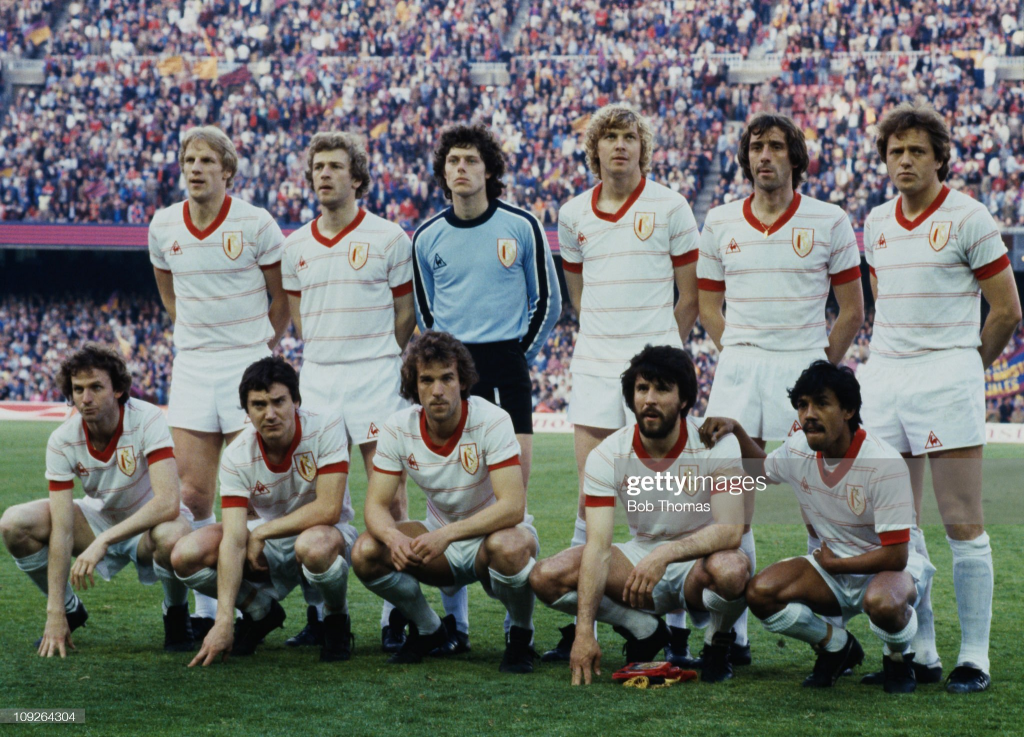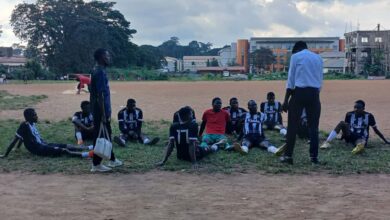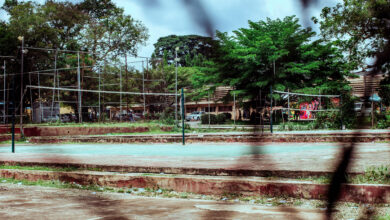EIGHT MATCH-FIXING SCANDALS IN FOOTBALL HISTORY
If tomorrow, we go watch a game already knowing the outcome, football is dead.
former UEFA ex-president, Michel Platini.
Match-fixing has probably existed since competitive sports began. According to Collins Dictionary, match-fixing is defined as the act of arranging the outcome of a sports match prior to it being played; this violates the rules of the game and often the law. The perpetrators do it to give either themselves or others an unfair advantage. This tampers with the integrity and thrill that the uncertainty of a particular match usually brings.
Match-fixing can be carried out at any level – at the topmost level by organisations or leagues, at a lower level by CEOs of clubs and sporting agencies, or at a more individual level by athletes, referees, and support or venue staff. Match-fixing brings disrepute to any sport or team involved. Football has had more than its fair share of controversies. This article exposes eight match-fixing scandals in the history of football.
Twenty years of hard work I destroyed in just one month.
Mario Ciznek, a Croatian player convicted of match fixing.
8. Totonero (1980):
The Italian media dubbed this particular scandal ‘Totonero’ – the Italian term for illegal gambling. Masterminded by a greengrocer, Massimo Cruciano and his dear friend and a restauranteur, Alvaro Trinca. Players from Societá Sportiva Lazio were regulars in the latter’s establishment and that’s where the original scheme was plotted, it eventually rolled out to become a widespread plot that resulted in twenty players and two managers receiving a collection of bans that summed up to more than fifty years. It even saw eventual World Cup winner, Pablo Rossi, led away from his dressing room in handcuffs. The authorities also saw that Milan and Lazio were relegated to Serie B for the parts they played. Unfortunately, this won’t be the last time Italy would be mentioned on this list.
7. Standard Liege (1982):
A couple of decades ago, the Belgian side, Standard Liege, got fined £75,000 after their manager at the time, Ronald Goethals, hinted to his players that they should offer their match bonuses to their opponents as bribes. In his defence, Goethals claimed he wanted his players to be match-fit and uninjured for their European game against Barcelona. It would also have ensured The Les Rouches won the league title. After he was found out, Goethals was banned from managing in Belgium for life, and thirteen Standard Liege players were also banned from playing in the country.

6. Olympique de Marseille (1993):
By 1993, Marseille was fully dominating French football and was even establishing itself amongst Europe’s elite. The club had just won a Champions League trophy and a fourth Ligue 1 title all under the presidency of Bernard Tapie. I think it’s worth of note that their coach was Ronald Goethals (yes, the same Goethals). It, however, came to light that Tapie had offered three Valenciennes players cash through midfielder Jean-Jacques Eydelie. The bribe would see that Valenciennes “went easy on them” in their bid to win the league title and allow them to avoid injury as they were set to play Milan in the Champions League final. Consequently, Marseille was relegated to Ligue 2, stripped of its Ligue 1 title and banned from defending its Champions League title. The orchestrator, Tapie got a two-year prison term and his accomplice Eydelie was banned from football for the same spell.
5. Calciopoli (2006):
Remember I said you hadn’t heard the last of the Italians? That’s right, because in 2006 Calciopoli— perhaps the biggest match-fixing scandal to have come out of the country – happened. No one was too big to dodge this one; the police discovered evidence in form of telephone interceptions linking Juventus, Lazio, Milan, Fiorentina and Reggina to refereeing agencies so they could pick favourable referees.
Repercussions were austere. It saw the league champions, Juventus, stripped of their 2005/2006 league title and relegated to Serie B; Milan kicked off the next campaign with a thirty-point deficit, and Reggina with a 15-point deficit; Fiorentina and Lazio escaped the judgement of relegation and were booted out of Europe for a year instead. Several individuals also felt the heat. Former Juventus director, Luciano Moggi, was sentenced to sixty-four months in prison, while Fiorentina’s owners, Andre Della Valle and Diego Della Valle, received fifteen months prison sentences and a €25,000 fine each. In all, sixteen persons were found guilty.

Players like Fabio Cannavaro and Zlatan Ibrahimovic decided to leave Juventus after they were relegated. Almost thirty-five international stars left the Serie A for other leagues in Europe after the nasty business. Calciopoli took Italian football quite some time to get over.
4. Fake Togo (2010):
The use of “doctored” teams is one of the more ludicrous ploys of fixers at less noticeable matches. Bahrain’s match against Togo in 2010 fit this bill perfectly. The Gulf nation thrashed the West African nation 3-0, with the team’s coach expressing his surprise at their opposition’s lack of fitness.
But as news of the result trickled back to Togo, the FA said they knew nothing of the team or any of the players. After some investigation, it emerged that a former coach with a score to settle, Tchanile Bana, had assembled the group of “fake” players (can you imagine?!). They received a payment of almost $60,000 from an international syndicate. Further investigations led to the exposure of other officials in the Togolese FA.
3. Cremonese vs Paganese (2010):
In another absurd incident that took place in Italy (again), a Serie C match between Cremonese vs Paganese in 2010 took an unexpected turn early as Cremonese players began to feel lethargic. One player notably crashed his car on the way home afterwards. When test results showed the team’s water bottles were spiked, investigations were quickly launched and eventually incriminated Cremonese’s goalkeeper Marco Paolini. Findings would have it that Paolini was neck-deep in gambling debts, and he was willing to fix the game to pay off his debts. He was banned from football for five years for his actions.
2. Choi Sung-kuk (2011):
South Korean football shook in 2011 when a huge match-fixing controversy found many active and former K-League players guilty. Among these players was a former South Korean forward, Choi Sung-kuk. Choi received a 10-month prison sentence from the South Korean FA and he was also suspended for two years, but after review by FIFA, the football world governing body decided to ban him for life and extended the ban worldwide, effectively ending his career.
Choi’s punishment is notably one of the heaviest handed to an individual footballer for match fixing.
1. Plateau United/Police Machine Goal Glut (2013):
“Naija no dey carry last”, abi? Of course, when it comes to anything involving audacious displays of corruption, only a few countries can match the kinds of machinations that can be coughed up by this great West African nation. In 2013, Plateau United Feeders absolutely whitewashed Akurba FC by 79 goals! I mean the full-time scoreline read Plateau United 79-0 Akurba FC. A similar story took place at Police Machine’s stadium, only that theirs read Police Machine 67-0 Babayaro FC. These are some of the most mind-boggling scorelines you’ll ever see in football. Here’s a little backstory; with a spot left to gain promotion to the Nationwide League Division 3, the goal was crystal clear for the two clubs fighting for the spot; better the other’s result. The teams took it into their own hands to come up with one of the craziest solutions ever devised.

79 goals in 90 mins is even ludicrous to consider; it averages a goal per every 68 seconds. It was reported that 72 of those goals were scored in the second half, and also that one player even scored eleven goals while another scored a hattrick of own goals. The Feeders got the promotion since they outscored Police Machine, but it wasn’t for long, as the Nigerian FA, after investigation, slapped life bans on the four clubs involved.
Gerald Olokungbemi



